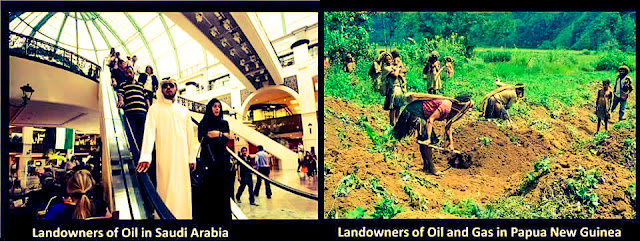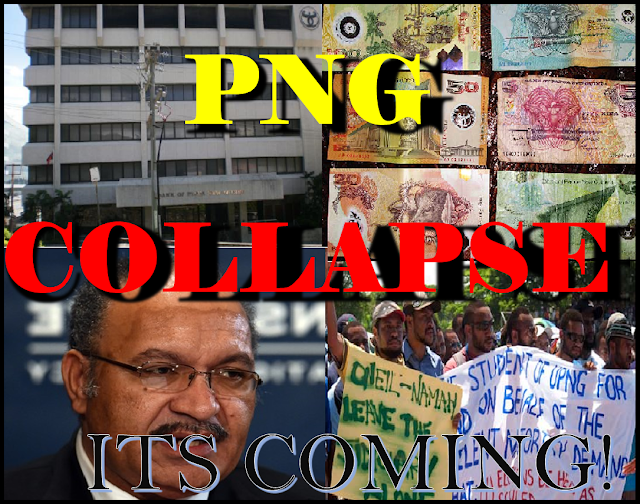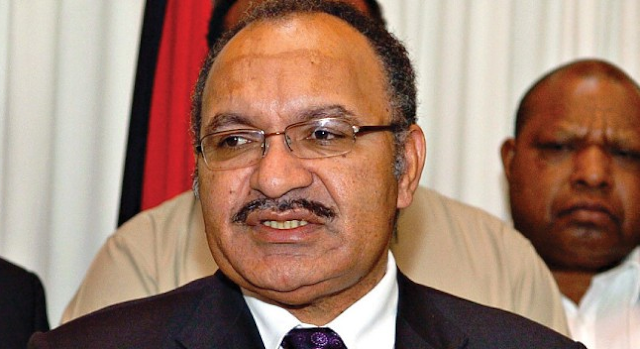DEVELOPMENT AND ‘ECONOMIC HITMAN’ CAN OUR NEW NATIONAL TRADE POLICY ESCAPE THESE ‘LOOTERS’?

by CYRIL GARE One of the greatest challenges for our new first time politicians is to acquaint themselves with and understand the country’s foreign policy among others. It is even challenging for a first-time Minister. In many democracies in the world, a first-time politician does not become a Minister immediately. The reason is obvious. He or she must first understudy and learn the trade skills of the game before taking on a ministerial responsibility in Government. Last week, we boasted about the launch of PNG’s first ever National Trade Policy (NTP). In time, many Papua New Guineans including myself will be able to read and understand the NTP from an available copy. For now, let’s just deduce from information provided in media reports that the NTP now “gives an upper hand to negotiate trade with its partners”. In essence, trade involves supply and demand; i) we supply others with what they do not have, and ii) in reciprocate buy from them what we do not have such as medicine an


